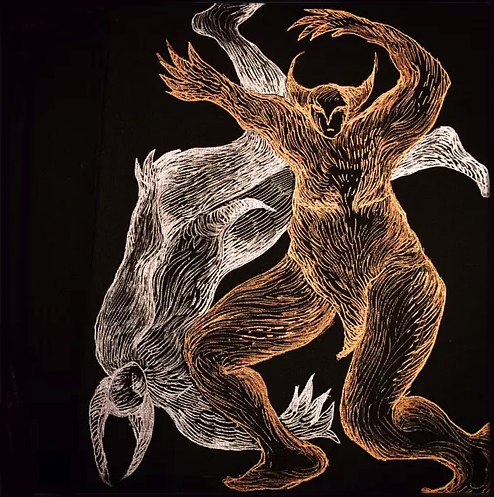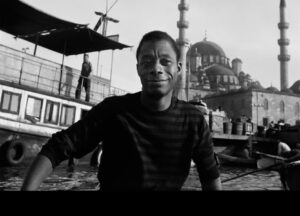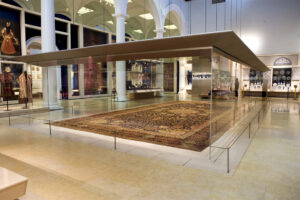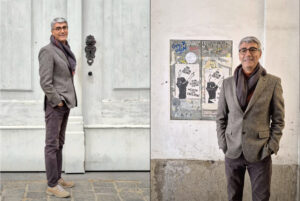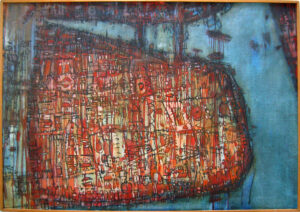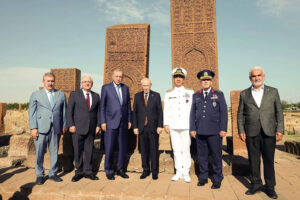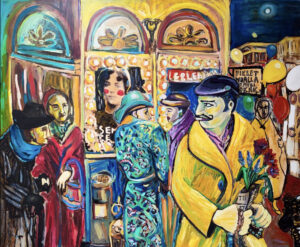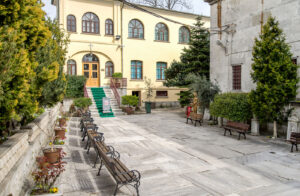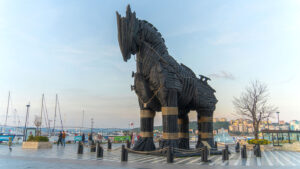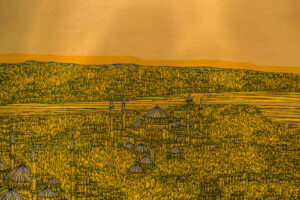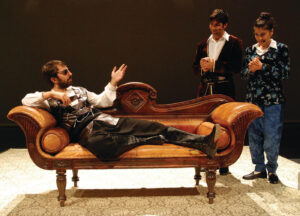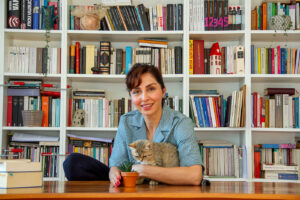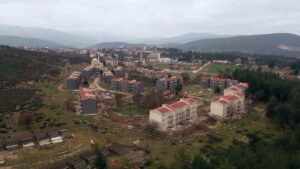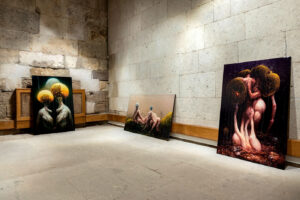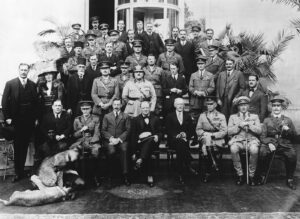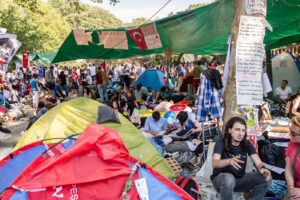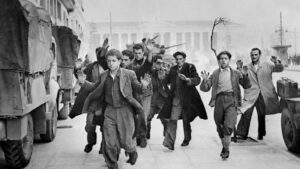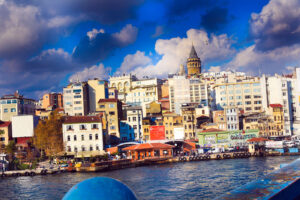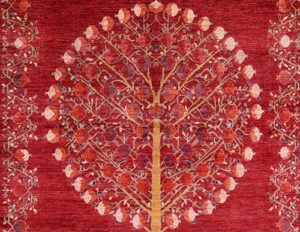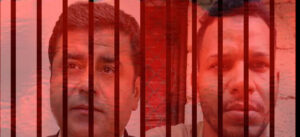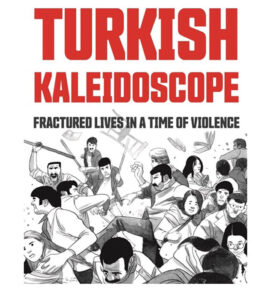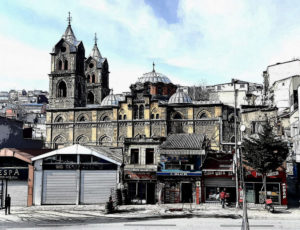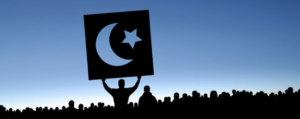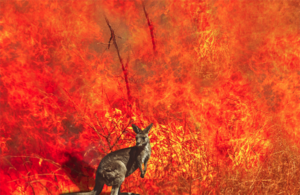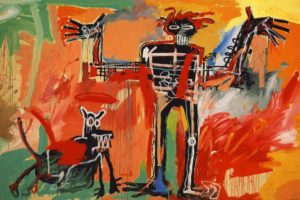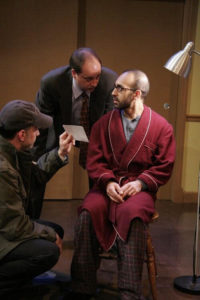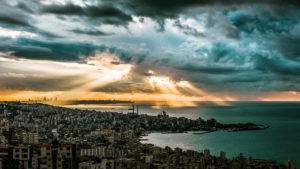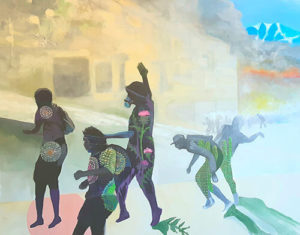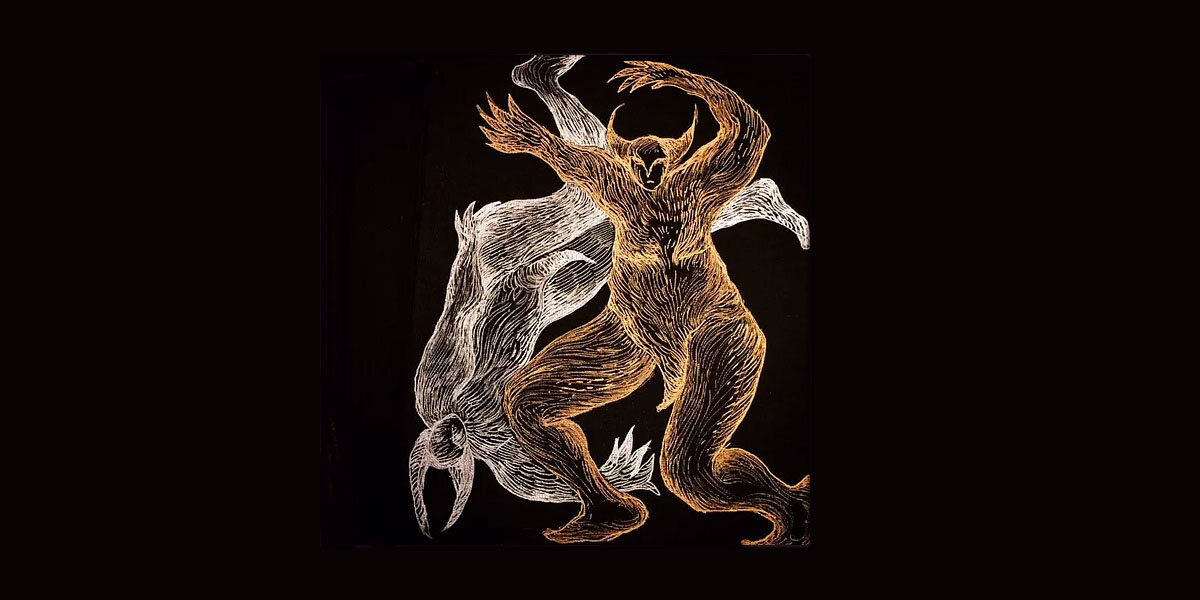
Selîm Temo
In the third volume of his memoirs Breath: A Decision*, Thomas Bernhard writes about spending time in a hospital ward for the nearly dead after contracting a severe lung infection caused by influenza. Though he was only eighteen years old, he was placed in a geriatric ward full of old men “whose death was judged imminent [when they] were taken out of the ward along the corridor to the bathroom”—a blinding, fluorescent-lit bathroom for those whose light is about to go out. When it is young Thomas’ turn to be brought to the bathroom, he starts to think about what he should do to show that he is still alive. He moves his fingers, but this may as well be seen as a postmortem spasm and the person who would take him to the bright room might not regard this reflex as a strong enough sign of life. Finally, it occurs to him to breathe. He breathes, persistently breathes.
• • •
My son, who ran around to find a stretcher for me, held my hand and told me the same sentence that I had uttered to him years ago: “Don’t be afraid!” Eighteen years ago, he didn’t understand what “Don’t be afraid!” meant, because he didn’t speak a single word yet. Through his lungs, collapsed because of high pressure, the breath he was exhaling and inhaling was filling up his belly like an expanding and contracting bellow. With great difficulty, I took him from the poor maternity ward to a private hospital. The tube connected to the ventilator went into the left side of his chest and resuscitated him. His fingers—that now move with ease over the strings of his guitar—were not quite as long back then. He was barely holding onto my pinkie that I thrust through the incubator’s tiny opening. Last year when I felt his hands while on the stretcher, I remembered that moment of his feeble breathing.
The second thing I remembered was Bernhard’s breath, he who never forgave the Austrians for greeting the Nazis in Leipzig with so much gusto and who prevented his books from being sold in Austria. And the young Thomas’s breath that became the only solid proof of life once let out.
In the intensive care unit where I stayed, there were patients with serious conditions. It was like a morgue for the living. An elderly man looked as if he were waiting for judgement day. He didn’t seem to be in a hurry as he fulfilled his religious duties. Without any reaction, he was watching the injections, check-ups, and blood pressure measures, breathing in and out like a rural public officer waiting in line patiently.
On my left, a woman whose body had abandoned her was constantly uncovering herself. The sense of privacy that was long gone for her still existed in me, so I didn’t look at her again, but tried to hear her. She was sometimes acting as if she were throwing off the broken Turkish sentences and returning to Kurdish, to the language of a life she abandoned or as if she wanted to live once again.
The man on my right seemed to be concerned only about the part of his body that breathed. With his body stiffened like a horse at the edge of life, he was only breathing through his nose. He was alive, but about to be taken to the bright room.
I supposed there was ice gel on my back. I couldn’t stop shivering. Somehow, I wasn’t able to feel any warmth toward my own body that just tried to abandon me. Also no one was treating me like someone with a body.
At the wee hours, they brought in someone around fifty-five years old whose lungs had collapsed. His chest was like a blacksmith’s bellow, rising up and down. His body was shaking so uncontrollably that the tubes, lines and valve sockets in various colors and shapes kept coming off. His hands and feet also looked as if they were about to break off from his heaving chest and burst open onto the faces of the nurses with slender wrists. These were more like the muscle movements of a dead person than those of a living one.
The medical staff came to tell me that they had to move me to another bed to accommodate a newly arrived patient since my bed was attached to a machine that the other beds weren’t. They took me to the right side of the door and to the left side of the man with collapsed lungs. They attached fewer cables to my body, put another blanket on me, and then I started to breathe deeper. A friend of mine who worked as a doctor at the same hospital came in with a poetry book in his hands thinking that I could read poetry there! I thanked him and asked if he could move me to a private room, only if he thought I was well enough to be moved. I heard the news that the patient who was given my bed died shortly after I was finally brought to another room. The echo left by his hands and feet that were no longer his kept beating up my consciousness all night long.
• • •
I haven’t smoked since that day and have been treating this gift of second life well.
When various professionals on duty announced that the intensive care units had almost reached capacity, if not already, and that the doctors had to choose who to let live and who to let die, I thought about three things: My little son who had clung onto my pinkie with his four tiny fingers, young Thomas who unveils his aliveness through breathing, and my breath bestowed on me for the second time.
If you ask me, what is collapsing is not only the medical system, but civilization. The members of the Frankfurt School were preaching the “promesse du bonheur” that they borrowed from Stendhal and yet the Nazis arrived! This pandemic seems to signal the digital dictatorship. 1984 might come, “with a little delay,” in 2024.
Those in power advise us to stay home and not visit the emergency rooms. However, this collapse is caused by them. As eager to kill their own citizens as well as others, they can’t handle this infection since they seem to thrive on death, not life. For this reason, if we survive this pandemic through solidarity with each other, we should go out to protect the world bestowed upon us for the second time and breathe together. This is how we can prove that we are alive.
* Published in English as volume 3 out of 5 in Bernhard’s autobiography, Gathering Evidence.
This essay first appeared in Kurdish as “A Breath” in Xwebûn and appears here translated by Selîm Temo and Öykü Tekten, with translation appreciation to Miriam Atkin and kudos to Ammiel Alcalay for the introduction to TMR.
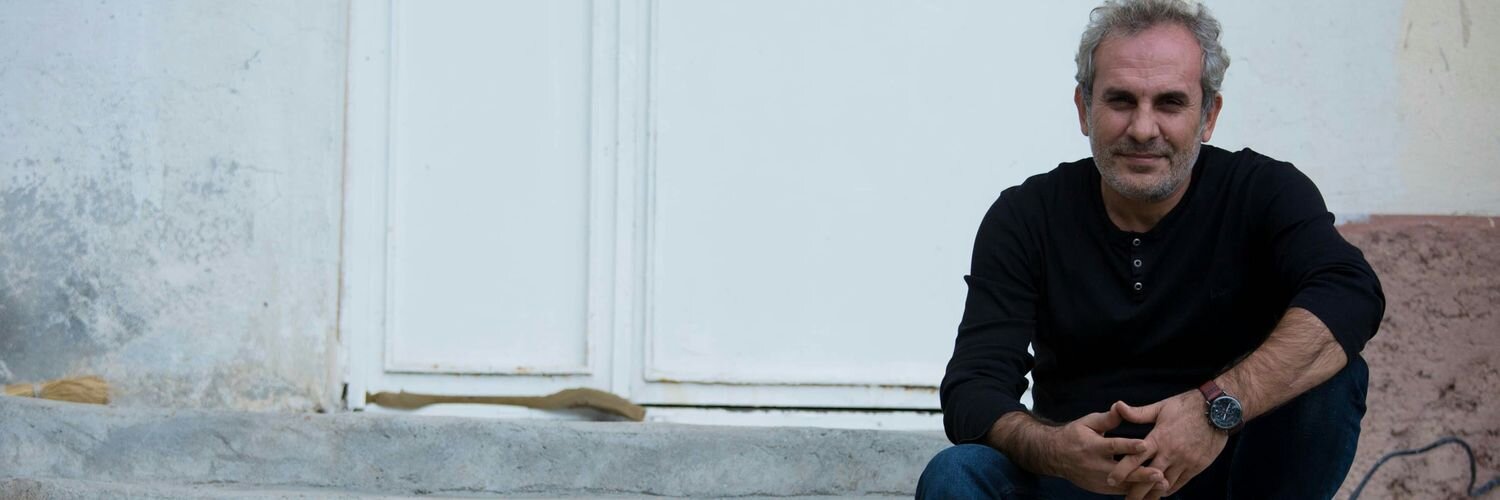
Born in Mêrîna, Batman in 1972, Selîm Temo is a Kurdish poet, scholar, translator, and editor. Temo studied Anthropology in Ankara University (BA) and Turkish Literature (MA) in Bilkent University where he also received his PhD degree. He has authored more than thirty books, including Kurdish or Turkish poetry, translations, anthologies, children’s books, novels, and news articles. Temo is currently a visiting scholar in Paul Valéry University of Montpellier.
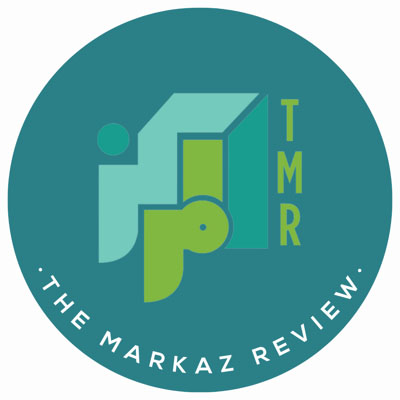
Join Our Community
TMR exists thanks to its readers and supporters. By sharing our stories and celebrating cultural pluralism, we aim to counter racism, xenophobia, and exclusion with knowledge, empathy, and artistic expression.
Learn more


